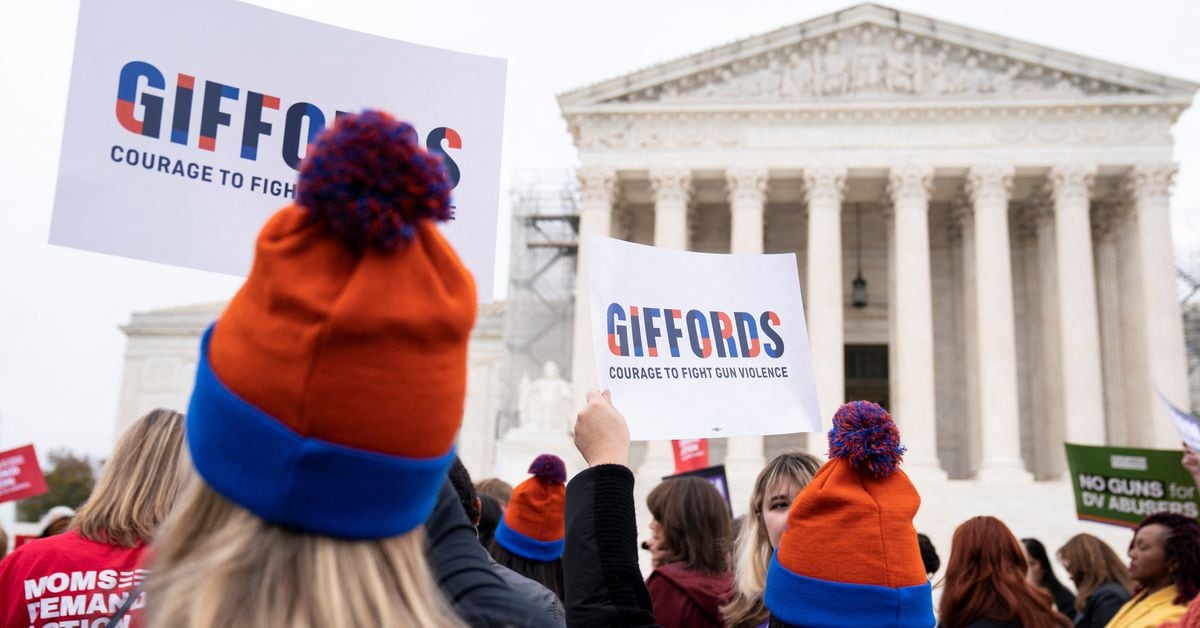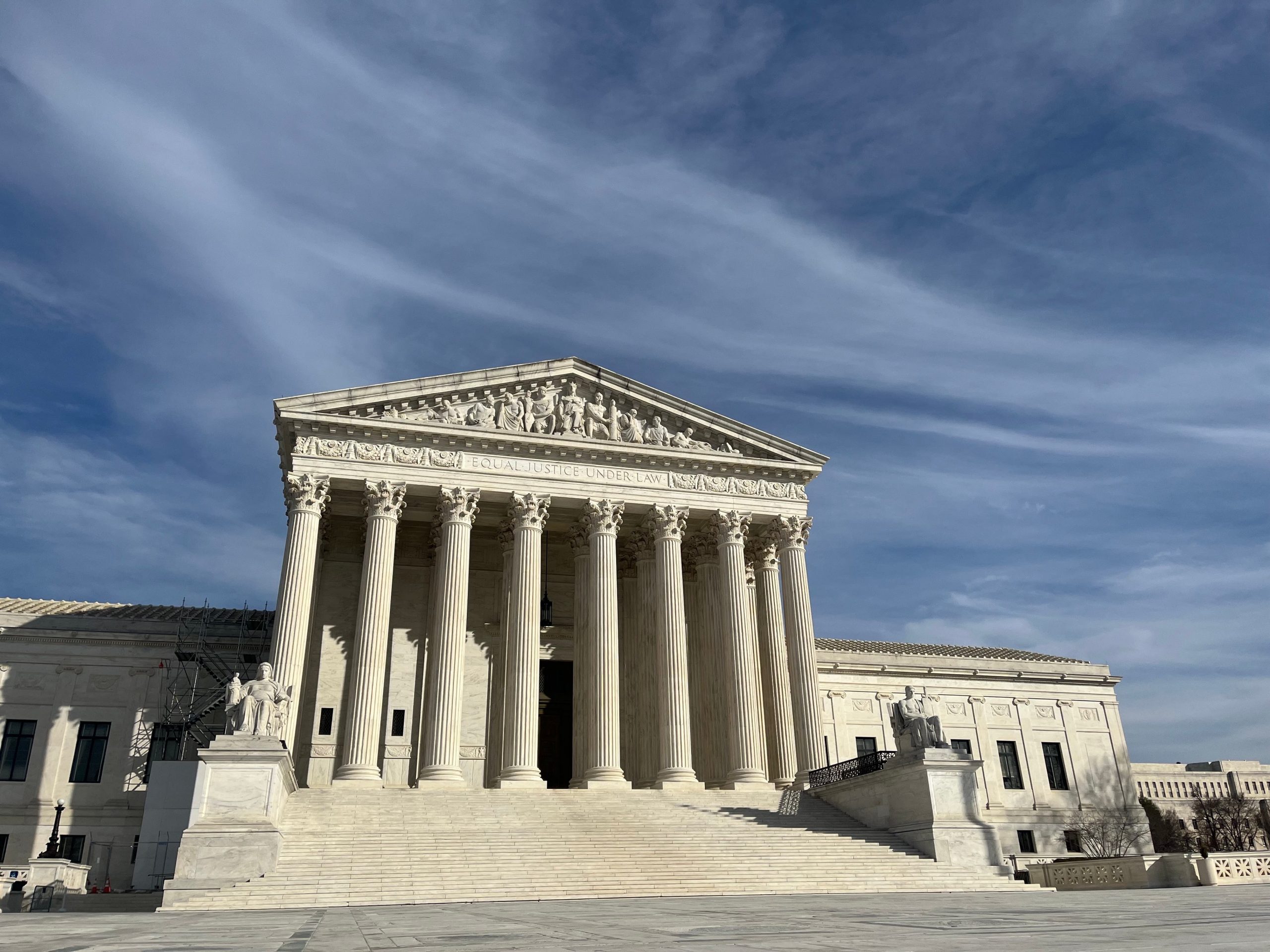... the Supreme Court's currently pending case in United States v. Rahimi, a case reviewing the Fifth Circuit's holding that 18 U.S.C. § 922(g)(8) – which forbids gun possession by those subject to domestic violence restraining orders – is facially unconstitutional. There is much to be said on the merits of the case but our central point here is one of methodology. The Fifth Circuit erred by analyzing the case at the level of overly specific analogies – too close to demanding the kind of "historical twin" or "dead ringer" that Bruen rejects.
Instead, the case should be approached at the level of general law principle – by asking not just who historically has been denied the right to arms, but why and to what extent. Section 922(g)(8), like many federal prohibitions, amounts to a total denial of the right for certain people. In evaluating the constitutionality of this ban, the most important questions are the public interests the state seeks to pursue and whether pursuing those interests with a complete ban on possession has a basis in general law principles.
...
More (long):

New Article: The General Law Right to Bear Arms
with implications for the pending Supreme Court case of United States v. Rahimi
^^^ This was a long and interesting read that talks about SCOTUS rulings on the 2nd Amendment more broadly than just the imminent case.




